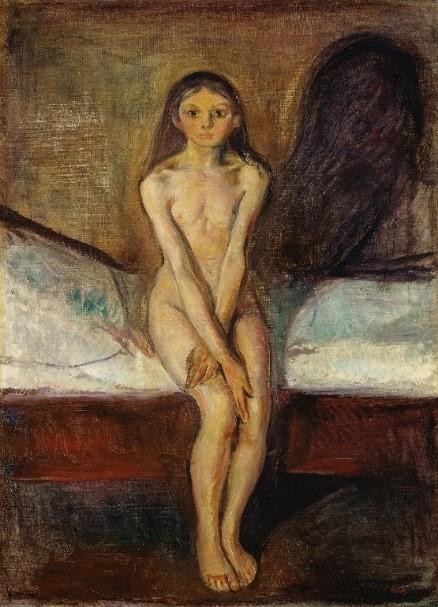This research project is a qualitative study on women with chronic pelvic pain (CPP) and their experiences with Norwegian Psychomotor Physiotherapy (NPMP) treatment.
Women with chronic pelvic pain and their experiences with Norwegian psychomotor physiotherapy

Chronic pelvic pain (CPP) in women is a prevalent disorder characterized by a variety of difficulties, including pain and dysfunction in the pelvic area, discomfort elsewhere in the body, psychological distress, and challenging life situations. According to research, CPP's multifaceted character makes it difficult to understand and treat patients.
For that reason, this project sought to acknowledge the complexity of CPP patients concerns, including their life experiences and the overall research question was: How do women with CPP experience their body and sense of self after Norwegian psychomotor physiotherapy (NPMP). NPMP is mostly used to treat patients with complex health conditions, such as widespread and long-term pain, psychosomatic diseases, and psychological problems.
This study applied a qualitative, exploratory design that combines interviews and observation data. The included participants are eight Norwegian women from urban areas in the northern, middle, and southern part of Norway, aged 19–56 years.
The first of three papers is titled "How life events are perceived to link to bodily distress: A qualitative study of women with chronic pelvic pain". In this paper, we found that they related their symptoms to how they acted and reacted according to their life experiences. Read the paper here: https://doi.org/10.1080/07399332.2022.2087076
The second paper "Chronic pelvic pain sufferers’ experiences of Norwegian psychomotor physiotherapy: a qualitative study on an embodied approach to pain" focus on how women with CPP experience NPMP and found that increased body awareness aided the participants in a gradual transition to fewer symptoms and a calmer emotional state. Read the paper here: https://doi.org/10.1080/21679169.2022.2136754
The third paper "Exploring the potential of a standardized test in physiotherapy: making emotion, embodiment, and therapeutic alliance count for women with chronic pelvic pain" is based on data from the participants performance of a movement test pre- and post-treatment, and interviews with the participants while watching video recordings of these tests. We found that making the body a focal point of communication gave way to the patients’ subjective experiences in their understanding of complex symptoms. Read the paper here: https://doi.org/10.3389/fpsyg.2023.1166496
The PhD student Cathrine Boge-Olsnes is a NPMP therapist with extensive clinical experience in treating patients with CPP.
Main supervisor: Gunn Kristin Øberg
Co-supervisor: Mette Bech Risør
Project period: 2018-2024